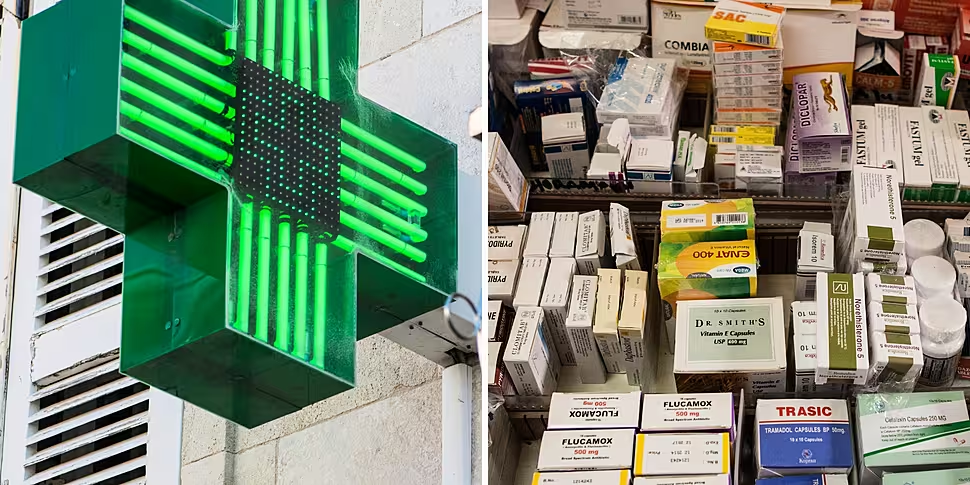Ireland’s drug shortage is “definitely not just a winter problem”.
That’s according to the pharmacist and podcast host Sheena Mitchell, who is warning that the country’s medicine shortage is “extremely concerning”.
Latest figures from the Medicine’s Shortage index show that 248 are currently not available on the Irish market – a 48% increase on this time last year.
Antibiotics, epilepsy medications, breast cancer treatment and pain medications are among the drugs that are proving difficult to import.
Medicine shortage
On Breakfast Briefing this morning Ms Mitchell said the shortages are “across the whole spectrum”.
She said patient’s lives are undoubtedly being impacted by the shortages.
“We know that, with epileptic medications, we don’t interchange them in general,” she said.
“It takes people time to get the right medication that suits them and keeps their seizures under control.
“So, in community pharmacies we are always very aware of that and there is a potential that poorer outcomes in condition management could happen if we are chopping and changing brands.
“The same is the case with blood pressure medications.”
Winter
Ms Mitchell said there is no sign of the problem easing as the weather improves.
“Anyone working in community pharmacist is very cognisant that this is not a winter issue,” she said.
“Even last summer we had extreme difficulties when it came to the likes of HRT medication.
“That is something that is extremely concerning for us because it seems to be an all-year-round problem. It is definitely not just a winter problem.
“This is why we in pharmacy feel we need to have a strategic plan to overcome our irrelevance a country in the wider pharmaceutical market.”
Policy
Ms Mitchell said pharmacists are being forced to tell people that there is just nothing they can do, which is frustrating when “we know there is more that we could do as a country”.
She is calling on the Government to put in place a new purchasing strategy that ensures Ireland is not overlooked by pharmaceutical companies when they are selling medicines.
She is also urging politicians to give pharmacists more powers to swap patients medications when there are shortages – with out the need for a new prescription.
Finally, she said the Department of health must put in place a Chief Pharmaceutical Officer to oversee the country’s medicines strategy.
“Everything is a bit sluggish in there and I really can’t see us getting past this if we don’t have a pharmaceutical officer,” she said.
“Pharmaceuticals are now the main intervention in healthcare.
“We need to acknowledge that and we need to put the time and planning into adopting a decent approach which is going to increase our relevance in the market.”









